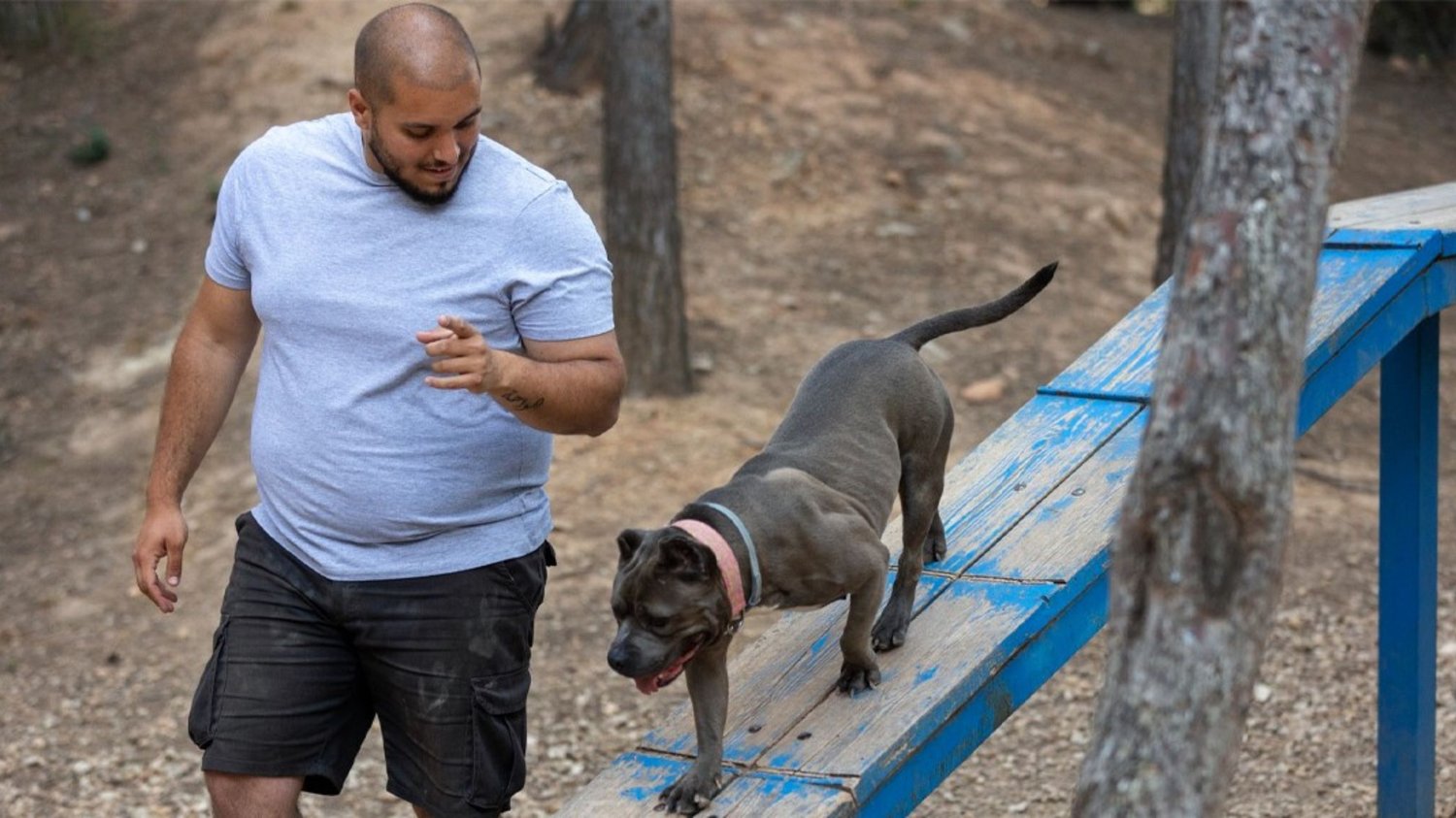Aggressive behavior in dogs is one of the most common and stressful issues pet owners face. Aggression can appear in many forms, from growling and snapping to lunging, barking, and even biting. While this behavior can be alarming, it is often a form of communication, indicating fear, stress, or discomfort.
Dog N Pooch specializes in helping dog owners with aggressive dog training by identifying the root causes of aggression and applying safe, structured techniques to guide dogs toward calmer, more manageable behavior.
Understanding Aggression in Dogs
Aggression rarely appears without a reason. Dogs often act aggressively as a way to protect themselves or communicate their needs. The most common causes include:
- Fear and insecurity: Dogs may act aggressively when they feel threatened or unsure of their surroundings. A timid or previously traumatized dog may lash out to create distance from perceived threats.
- Protectiveness and territorial instincts: Some dogs are naturally protective of their space, belongings, or family members. This behavior can intensify if the dog believes an intruder or unfamiliar person poses a threat.
- Frustration and overstimulation: Dogs with too much energy, limited outlets for physical exercise, or insufficient mental stimulation can develop reactive aggression.
- Medical or pain-related aggression: Discomfort, illness, or injury can make a dog more irritable and reactive than usual.
Dog N Pooch begins each training program by carefully observing the dog’s behavior and identifying triggers. Understanding why a dog reacts aggressively ensures that the training plan is targeted and effective, rather than just addressing surface behaviors.
Building Trust and Communication
A key principle of aggressive dog training is building trust between the dog and its owner. Dogs respond better to guidance rooted in positive reinforcement rather than punishment. Punitive methods can increase fear and worsen aggression.
At Dog N Pooch, trainers teach owners to reward calm, non-aggressive behavior consistently. For instance, if a dog growls or barks at visitors, trainers may show owners how to guide the dog to a safe area and reward quiet, relaxed behavior. Over time, the dog learns to associate previously stressful situations with positive outcomes, which reduces fear-driven reactions and builds confidence.
Consistency and Routine
Dogs thrive in environments where expectations are clear and routines are predictable. Inconsistent rules or responses can confuse dogs, leading to heightened anxiety and more frequent aggressive incidents.
Dog N Pooch works closely with owners to develop structured daily routines, consistent commands, and predictable interactions. Regular training sessions reinforce boundaries and acceptable behavior, helping the dog internalize positive patterns. Consistency also strengthens the bond between the dog and owner, creating a sense of security that reduces stress-related aggression.
Controlled Socialization
Socialization is another critical component of aggressive dog training. Gradual and controlled exposure to other people, dogs, and new environments helps dogs build confidence and reduce reactive behaviors.
Dog N Pooch introduces dogs to these situations in carefully monitored steps. For example, a dog that is fearful of strangers may start by observing people from a distance, then gradually being rewarded for calm behavior as interactions become closer. This approach helps dogs realize that these situations are safe, and over time, triggers that once caused aggression become manageable.
Behavioral Modification Techniques
For dogs with more serious aggression, advanced techniques such as counter-conditioning and desensitization are often used.
- Counter-conditioning: This technique changes a dog’s emotional response to a trigger. For example, a dog that reacts aggressively to another dog may be trained to associate the presence of that dog with positive rewards.
- Desensitization: The dog is gradually exposed to triggers in a controlled and safe way, helping it to respond calmly over time.
These methods require patience, precision, and professional supervision. Dog N Pooch trainers apply these techniques carefully, ensuring safety while working toward lasting behavioral change.
Educating the Owner
Successful aggressive dog training depends on both the dog and the owner. Dog N Pooch educates owners on reading canine body language, identifying early warning signs of aggression, and implementing strategies at home to prevent incidents. Understanding when a dog is uncomfortable or stressed allows owners to intervene before a situation escalates, improving safety for everyone involved.
Personalized Training Plans
Every dog is unique, and training must reflect that. Dog N Pooch designs personalized programs tailored to each dog’s personality, history, and triggers. These programs combine positive reinforcement, socialization, structured routines, and behavioral modification. The goal is to reduce aggression, build confidence, and create a stronger, healthier relationship between dog and owner.
Summing Up
Aggressive behavior in dogs can feel overwhelming, but with structured training and professional guidance, it can be managed effectively. Dog N Pooch’s approach combines trust-building, consistency, controlled socialization, behavioral techniques, and owner education to create lasting results. Dogs learn to respond calmly in situations that once triggered aggression, and owners gain confidence in managing their pets safely.
For those seeking expert help, searching for aggressive dog training near me can connect you with trained professionals ready to provide personalized guidance. Take the first step toward a calmer, happier dog and a safer home environment today.

